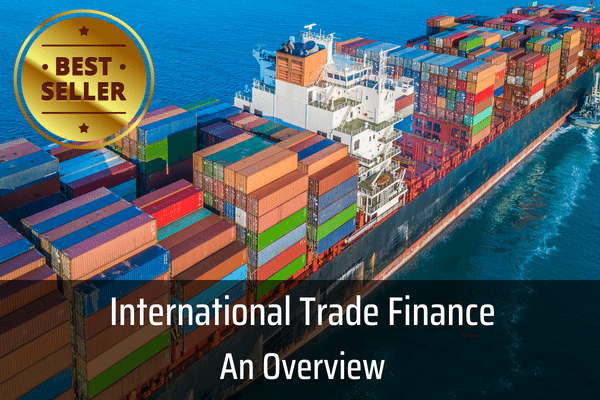There are no items in your cart
Add More
Add More
| Item Details | Price | ||
|---|---|---|---|
Incoterms® rules is the short form of International Commercial terms. It's a set of rules designed by the International Chamber of Commerce, the latest version being Incoterms® rules 2020 which became effective from 1st January 2020.

Incoterms® rules are not laws, but rather a set of standardised business clauses used as a part of a contract.
In international trade it is very important to have a clear picture in mind about the distribution of export, import formalities and costs between the buyer and seller. Without a clear-cut demarcation of responsibilities and cost, a dispute becomes inevitable down the line of the trade. With that in mind the Incoterms® rules were designed so that when a certain Incoterms® is mentioned as a part of a contract, both the buyer and the seller are on the same page as it refers to a globally accepted set of rules demarcating the costs and responsibilities, thus chances of disputes are less.
Though the full form of the word ‘Incoterms®’ says international, Incoterms® rules are applicable to both domestic and international trade.
Incoterms® rules are meant to distribute the-
between a buyer and a seller.
Want to learn more about International Trade Finance?

Discover all the essentials for a career in trade finance with this comprehensive 5-in-1 course package
Let's understand the nomenclature of Incoterms® rule -
It is expressed as -
[The chosen Incoterms® rule] [Named port, place or point] Incoterms rules® 2020
Each Incoterms® rule is a three-letter word e.g., FOB, DAP etc.

Alongside the chosen Incoterms®, a name of a place or a detailed address point, or a name of a port is mentioned. This place is either a ‘place of delivery’ or a ‘place of destination’.
Last, but not the least, mentioning the Incoterms® rule followed by the year of the rule is very important too. Why? Isn't it obvious that when you are mentioning an Incoterms® rule, for example "FOB, Southampton Port", it's good enough and everybody will understand what it means?
No. Because there are some other sets of rules for goods transport too which use similar 3 letter notation, like CISG (International Sale of Goods) by the United Nations or GAFTA (The Grain and Feed Trade Association). So, until and unless you explicitly mention ‘Incoterms® rules’ after ‘FOB’, it is not clear whether it is FOB as under the Incoterms® rules or as under the CISG/GAFTA rules.
Now why mentioning the year is important? Interestingly, just because the Incoterms® rules got a new version in the year 2020 does not render the earlier versions obsolete. If a seller and buyer mutually decide to follow Incoterms® rules 2010 in their trade, it's absolutely valid. So, you understand that leaving the year out could cause problems that may be difficult to resolve in case of any dispute as determining which version of the rule is to be followed becomes ambiguous.

In Incoterms® 2020, there are total 11 rules. 7 Incoterms® rules can be used in all modes of transport i.e, road transport, rail, air or water. These are also known as the multimodal rules. These are EXW, FCA, CPT, CIP, DAP, DPU and DDP.
Rest 4 incoterms® rules are used for sea or inland waterway transport. These are also known as the maritime rules. These are FAS, FOB, CFR and CIF.
Keep in mind, maritime rules are for single mode transport by water and used port to port only, whether by an ocean-going ship, or river barge or a combination of both.
WANT TO READ MORE?
Already signed up/ logged in? Then you are all set!

Easy Explanation of International Trade Payment Methods like LC, Collections, BG etc and Incoterms 2020

Types & Uses in International Trade | URDG 758 & ISP 98 - Main Points | Clauses & Examples | Related SWIFT Messages

Jump start your Trade Finance career with this 4-in-1 course package - Trade Finance Overview, Letter of Credit, Bank Guarantees and Incoterms® 2020